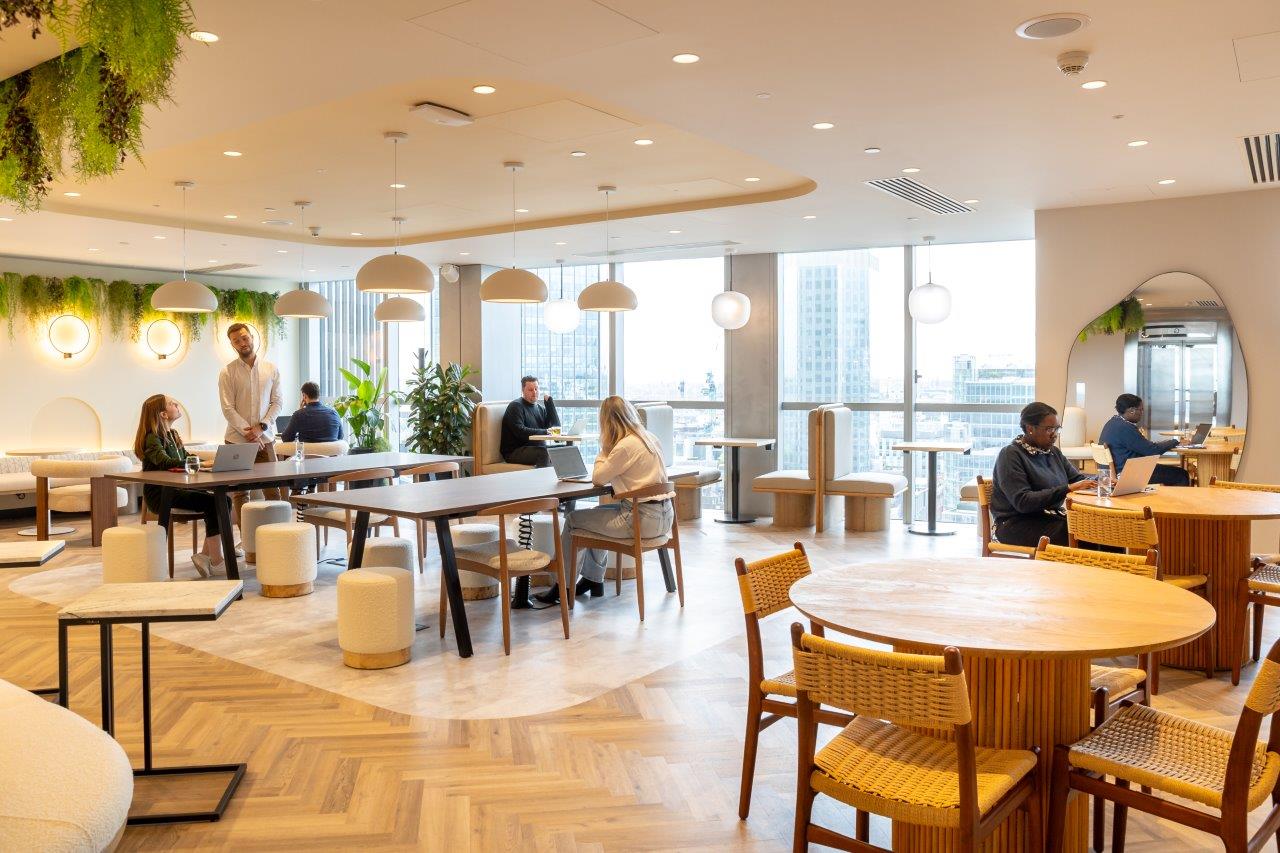TED Talks: Collaboration
6th April 2017
Collaboration is something of a buzzword in all working environments these days. Effective collaboration is more than just working together, it’s a strategic choice too. It encourages innovation, stimulates fresh thinking and helps businesses achieve their overall goals.
As developments in technology evolve the way we work and the way communicate, the opportunities for us to collaborate in business in new ways grow. Here are some of the best TED talks that relate to collaboration to help you feel inspired and get you ready to tackle your next team project.
Forget the pecking order at work—Margaret Heffernan
Margaret Heffernan observes that organizations are often run according to “the superchicken model,” where the value is placed on star employees who outperform others. And yet, this isn’t what drives the most high-achieving teams. In fact, it is social cohesion—the kind of connections that are built through peer-to-peer collaboration—that leads to great results.
Heffernan recounts an experiment: In tests, the most successful teams are not those that had one or two people with spectacularly higher IQs, nor were are they those with the highest aggregate IQs. Rather, the most successful groups are those that showed high degrees of social sensitivity together. This, Heffernan explains, shows that it is what happens between people that really counts, because in groups that are highly attuned to each other, ideas can flow and grow.
Standout quote: “We’ve thought that success is achieved by picking the superstars, the brightest men, or occasionally women, in the room, and giving them all the resources and all the power. And the result has been just the same as in William Muir’s [superchicken] experiment: aggression, dysfunction and waste.”
The tribes we lead—Seth Godin
Seth Godin is part of the furniture at TED, and something of a contrarian. In a talk about the kinds of tribes we lead, he explains the importance of being part of a self-defining group.
Godin argues the Internet has revived a human social unit from the distant past: tribes. Founded on shared ideas and values, tribes give ordinary people the power to lead and make big change. That’s because tribes can change our world, can change politics, and can align large numbers of people. They have this power because they want to connect.
So, as much as collaboration is about acknowledging and debating the diverse ideas of individuals, it’s also about channelling those diverse ideas into coherent action, an action that brings about change.
Standout quote: “A secret language, a seven-second handshake, a way of knowing that you’re in or out. They have curiosity. Curiosity about people in the tribe, curiosity about outsiders. They’re asking questions. They connect people to one another.”
Build a tower, build a team—Tom Wujec
Tom Wujec presents deep research into the “marshmallow problem”—a simple team-building exercise that involves building a self-supporting structure using dry spaghetti, a yard of tape and a marshmallow. The teams that perform consistently poorly, he observes, are those where members spend more time jockeying for power. Those that do better are the teams that waste no time figuring out who’s in charge, but roll their sleeves up and get stuck right in.
As expected, it takes skill and knowledge too—architects and engineers do well because they understand self-reinforcing geometrical patterns. But it’s mostly about about prototyping, and it’s about trial and error. As Wujec explains, designers recognise this type of collaboration as the essence of the iterative process: instant feedback on what does and doesn’t work.
Standout quote: “there are a number of people who have a lot more “uh-oh” moments than others, and among the worst are recent graduates of business school… And of course there are teams that have a lot more “ta-da” structures, and among the best are recent graduates of kindergarten.”
The new power of collaboration—Howard Rheingold
Howard Rheingold is a writer, artist and designer. Back in 2005, he gave a talk on the coming world of collaboration, participatory media and collective action.
Starting at the beginning of human history, Rheingold shows how we have evolved to work together. Hunter-gatherers banded together to become a settled agricultural civilization in small family groups. Those small groups became large groups, then societies, then empires. This happened, he explains, because we are all dependent on each other—collaboration has enabled us to evolve.
These days we trade at markets, pay taxes and engage in a capitalist society. It’s about exchange, getting something in return. And that takes a great deal of trust. ‘New collaboration’, Rheingold explains, is enabled by cooperative arrangements and technologies like the internet. Wikipedia, he explains, is really an outgrowth of our natural human instinct to work as a group.
Standout quote: “every unsecured transaction is a good example of a prisoner’s dilemma. Person with the goods, person with the money, because they can’t trust each other, are not going to exchange. Neither one wants to be the first one or they’re going to get the sucker’s payoff, but both lose, of course, because they don’t get what they want.”
Why collaboration is an individual effort—Emily Eldridge
Emily Eldridge is the co-founder of The Agency Post. At a TEDx event in Missouri, she explains how understanding personalities, people, and their individual needs is essential to collaboration and good teamwork.
Collaboration isn’t natural to all of us, Emily explains, and that’s simply a result of our personality type. In fact, some of us are largely averse to working as part of a team, and prefer to work independently. The individual has a lot of power, especially in an over-connected world, and that is a power that should be acknowledged.
But collaboration is still a valuable tool in business, so if it doesn’t come naturally, how do we put the ‘I’ in ‘team’? Emily’s advice is this: understand and articulate your unique perspective; don’t judge others; encourage others to make their own individual effort, and keep your goal in mind.
Standout quote: “The ‘I’ in ‘team’ is critically important.”

